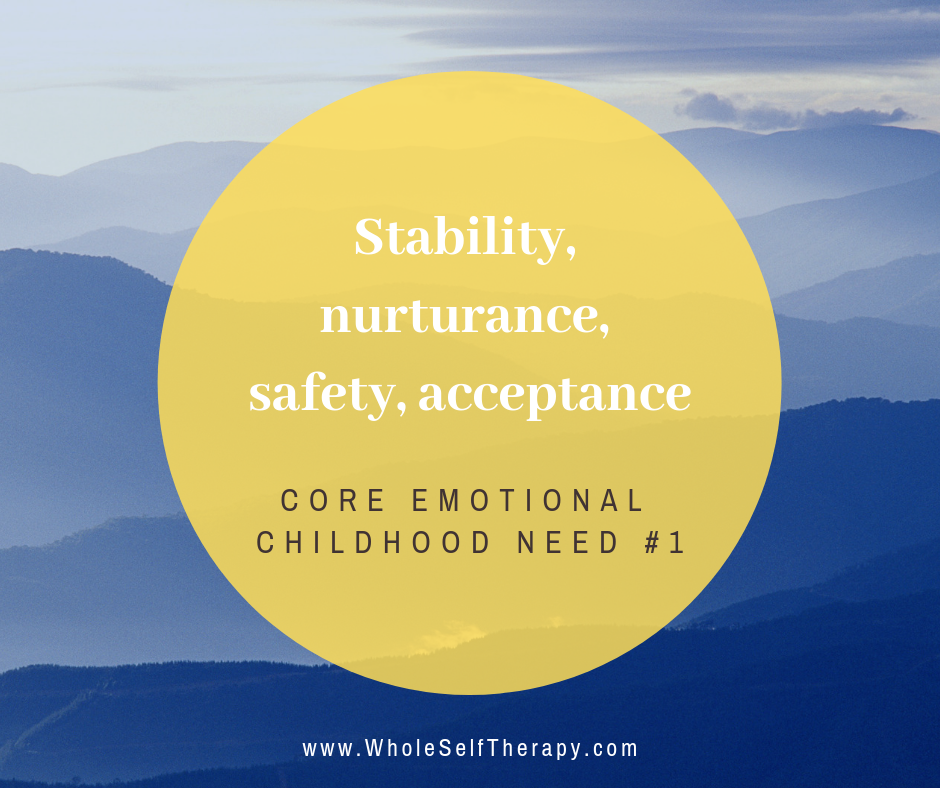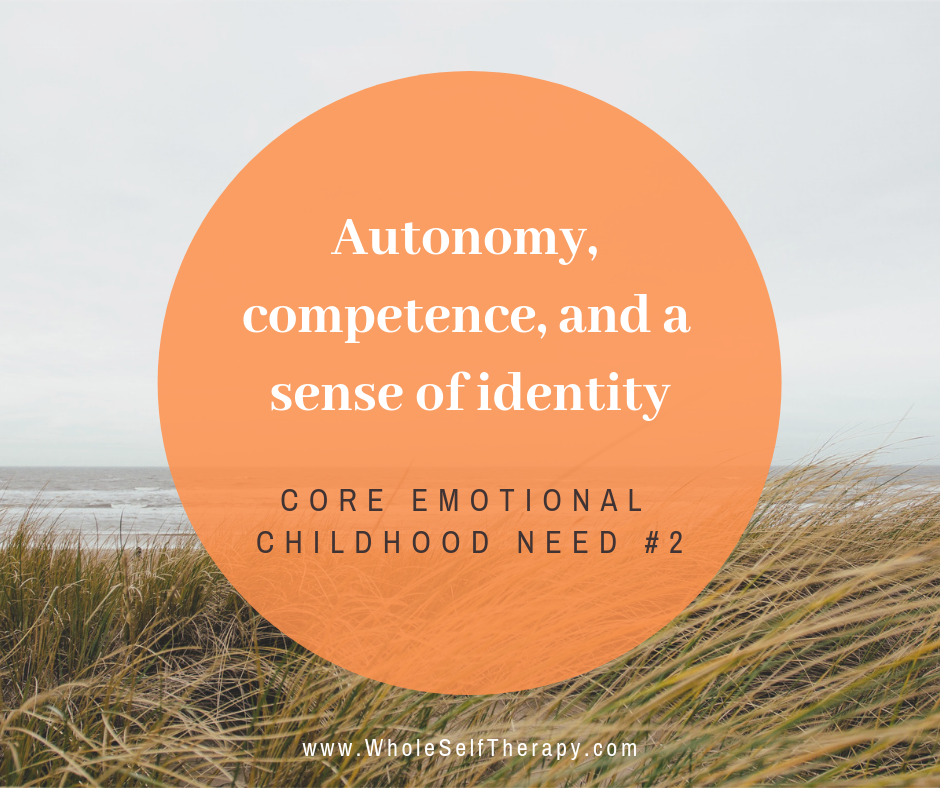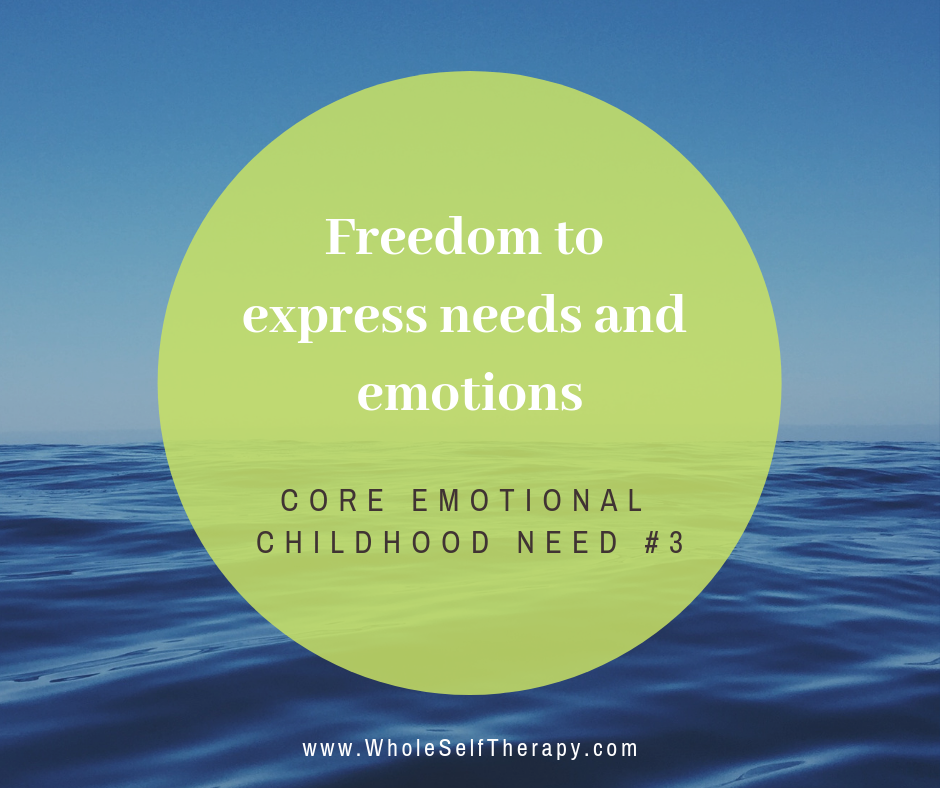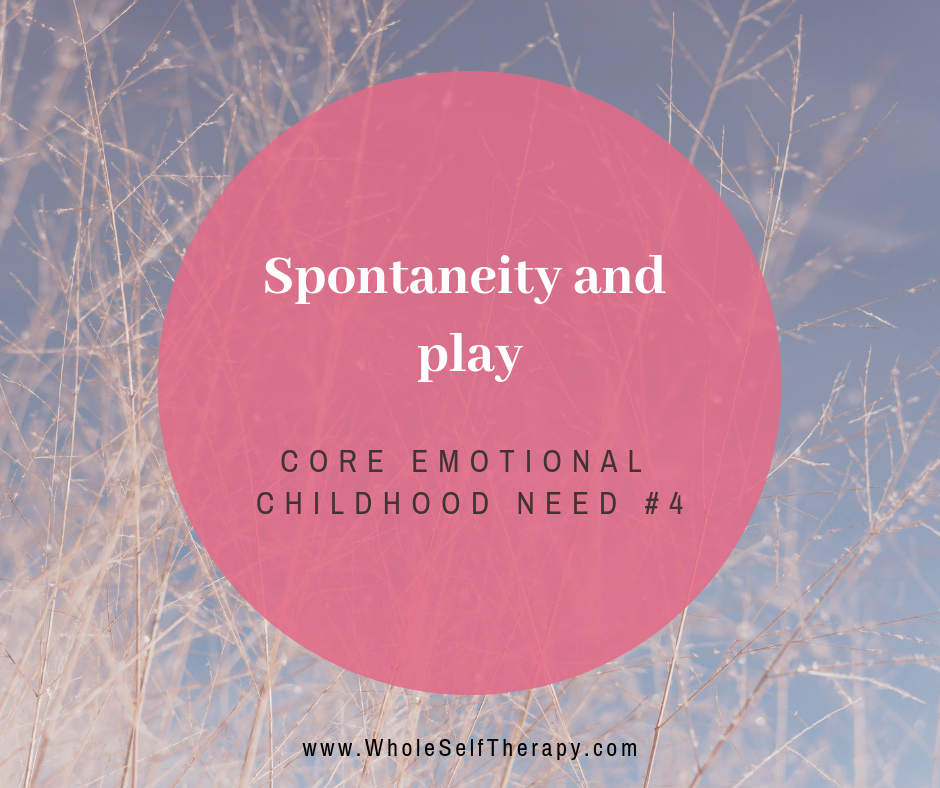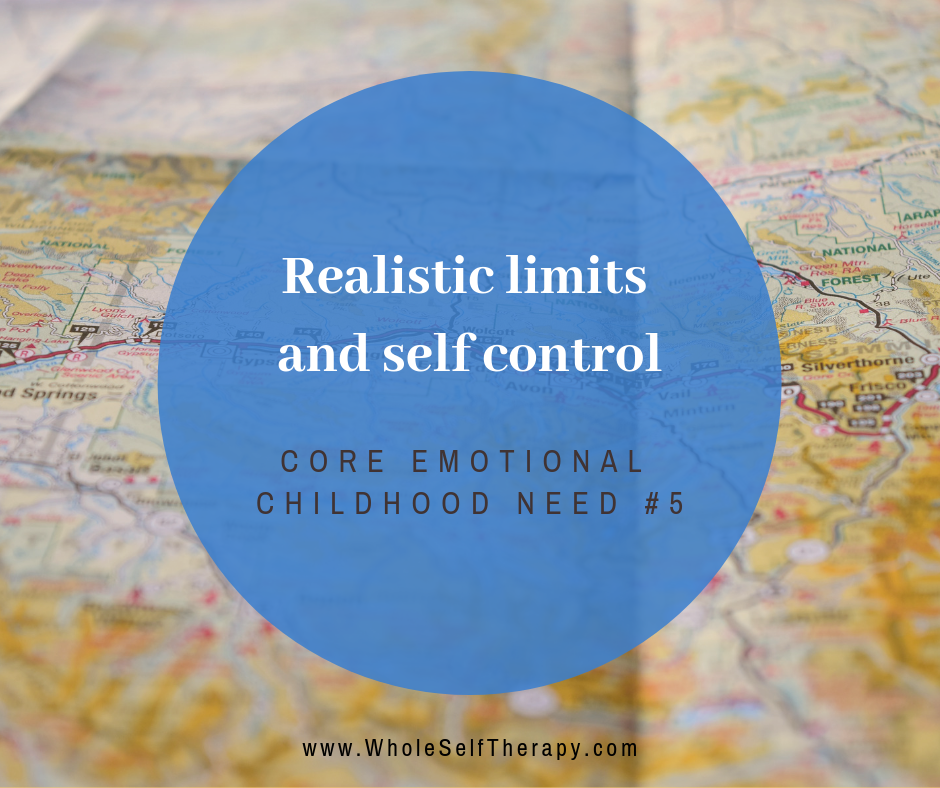Schema Therapy
A therapeutic method designed to heal early life trauma, to break the behavioral patterns we get caught in as a result of that trauma, and to integrate the many different aspects of our Self.
Schema therapy is a unique therapeutic method for dealing with lifelong patterns that we can get stuck in.
Chronic, habitual thinking, feelings, and behaviors that hold us back from reaching our true potential are called schemas. These patterns are life-long negative core beliefs that we have about ourselves, others, or the world at large.
Schemas arise out of early childhood experiences in which our core emotional needs were not met.
There are 18 early maladaptive schemas. We all tend to have at least a few, and some of us have all 18.
Rachael is Certified in Schema Therapy in North Carolina and works with clients across the state, both in-person in her Asheville office or online using tele-health.

Parts Work
Another feature of Schema Therapy is its use of parts, what Schema Therapists call modes.
Modes (or parts) are the different moods and behaviors we get into or enact when we are triggered by the activation of our schemas.
We all have many different modes that we go into, often unconsciously. Some of us have a “work mode” when we’re on the job a “parent mode” with our children. At other times we may find ourselves in a “rebellious mode” if we feel we’re being controlled or an “protective mode” if we feel we’ve been threatened.
In Schema Therapy there are some common modes that recur in all of us, including the Vulnerable or Inner Child mode.
Each of these modes ultimately seeks integration into the larger whole of your personality. Through working together we can understand the modes that you tend to use, mitigate the negative effects of the dysfunctional modes, and work toward amplifying the healthiest parts of you.
18 Core Maladaptive Schemas
*These are brief overviews of each schema and are not comprehensive definitions.

Emotional Deprivation
The expectation that a normal amount of emotional support from others will not be met.

Mistrust/Abuse
The expectation that others will abuse, hurt, manipulate, cheat, lie to, or take advantage of oneself.

Emotional Inhibition
Excessive inhibition of feelings, communication, or actions. Usually to prevent feelings of shame or disapproval from others.

Defectiveness/Shame
The feeling that one is unlovable, bad, unwanted, or inferior in important respects.

Social Isolation/Alienation
A pervasive sense that one is unlike others, or not connected to any group or community.

Dependence/ Incompetence
The belief that one is unable to handle life’s responsibilities without considerable help from others.

Abandonment/Instability
An exaggerated fear that those one relies on most for connection or security will not be available in moments of need, will abandon you forever, or will neglect you over long periods of time.

Vulnerability to Harm or Illness
An exaggerated fear that imminent catastrophe will strike at any time and that one will be unable to prevent it.

Enmeshment/ Undeveloped Self
Excessive involvement in relationships with others at the expense of full individuation and personal development.

Failure
The belief that one has failed, will fail, or is fundamentally inadequate in areas of achievement compared to peers.

Subjugation/Invalidation
Excessive surrendering of control because one feels coerced and is unrealistically afraid of the response from others (anger, criticism, abandonment, retaliation).

Entitlement/Grandiosity
The feeling that one is superior to others, entitled to special rights or privileges, or that the standard rules for others do not apply to them.

Insufficient Self Control/Self-Discipline
An inability or refusal to utilize frustration tolerance, self-control or self-discipline, or an inability to restrain one’s inappropriate expression of emotions or desires in order to achieve one’s goals.

Self Sacrifice
Excessive focus on meeting the needs of others, regardless at the cost to oneself. A chronic sense of over-responsibility for others.

Unrelenting Standards/Hypercritical
An underlying belief that one must meet very high internalized standards of behavior or performance. This can lead to chronic feelings of pressure.

Approval/Recognition Seeking
Excessive emphasis on gaining approval or attention from other people or on fitting in at the expense of developing a true sense of one’s authentic self.

Negativity/Pessimism
A pervasive focus on the negative aspects of life (including things that could go wrong) and minimization of life’s positive or optimistic aspects.

Punitiveness
The belief that people (including oneself) should be harshly punished as a result of mistakes.
Resources for learning more about Schema Therapy
Core Emotional Childhood Needs
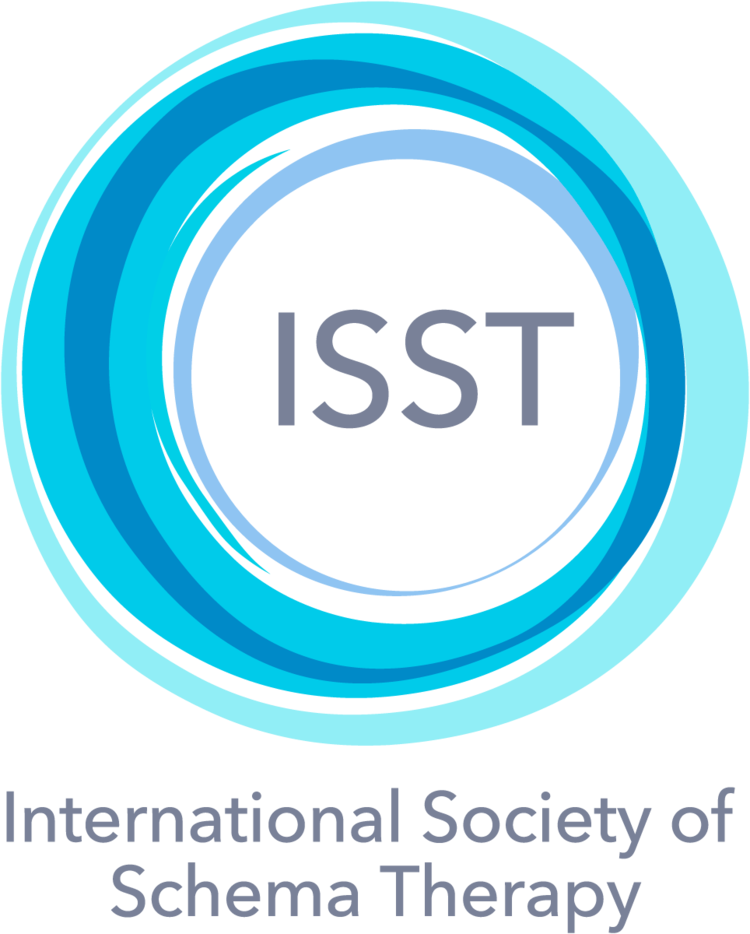
Rachael Chatham, MA, CYT, LCMHC
Certified Schema Therapist - International Society of Schema Therapists
Rachael is a Certified Schema Therapist. Whole Self Therapy is located in Asheville and Rachael works with clients both in-person and across the state via a HIPPA compliant online telehealth provider.
If you are interested in Schema Therapy in North Carolina, if you’re stuck in a behavioral or thought pattern that you’d like to get support with, please reach out for help. I specialize in this type of psychotherapy and you can contact me here.

